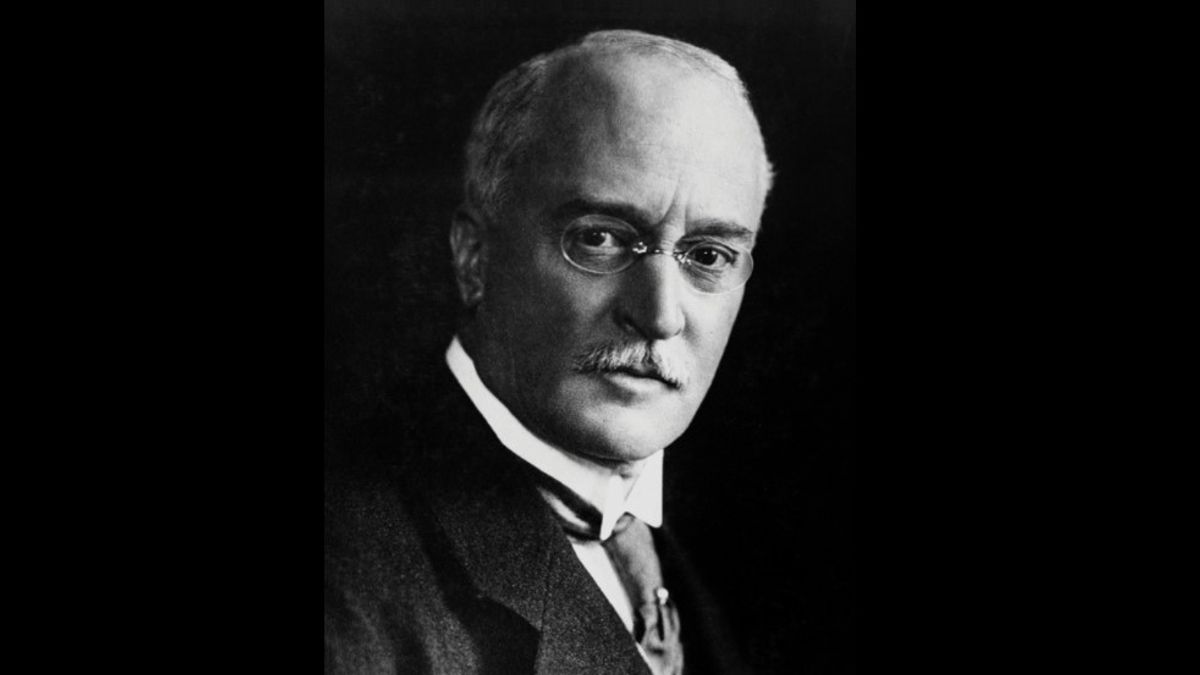On this day in 1898, the inventor of the diesel engine, Rudolf Diesel, was granted a patent for his oil-burning engine. This powerplant is operated by compression ignition, where only air and fuel are needed to work efficiently. Unlike steam engines, diesel engines produce smokeless exhaust.
Diesel's legacy extends well beyond automobile manufacturing; his breakthrough invention enabled other industries to be revolutionized, most notably heavy machinery (e.g., construction equipment) and marine transportation (e.g., cruises).
Facts about August 9,1898-Rudolf Diesel patents diesel engine
- Diesel's first invention was an electrical generator that created a magnetic field through commutators and inductors – an improvement to the DC generator.
- His second invention was the diesel engine, which allowed all electrical generators, power plants, and motors to burn any fuel without pollution.
- The diesel engine is considered one of the most important inventions in the history of technology.
- There was a patent disagreement between Rudolf Diesel and Herbert Akroyd Stuart. Nonetheless, Rudolf Diesel's engine proved more effective than Herbert Stuart's.
- Rudolf Diesel was given patent number #608,845 for an internal combustion engine.
- This engine was named after him.
- Rudolf Diesel's invention changed transportation, manufacturing, and power generation worldwide.

